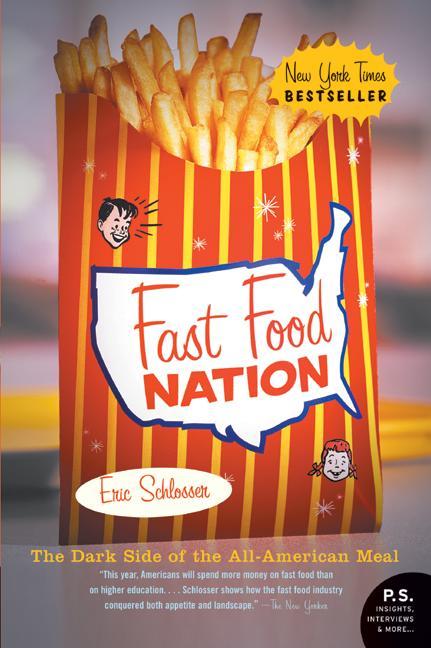Table of Contents
Essay 1: What I Know
Essay 2: Taking A Side
Essay 3: Inquiry to Occupy
Essay 4: Book Club
**Essay reflections are found in the comments section under each post.**
"Take what you can from your dreams, make them as real as anything." - Dave Matthews Band
Mr. Jordan Hayes \ English 100 - 1:10 \ Spring 2013
 Mr. Hayes is one awesome and respectable professor, and really kind too! He has helped me boost up my confidence in my own works, regardless of whether you are non-native speaker or one who only uses English as his/her second language. There may have been a series of day-to-day assigned readings and homework, but in the end, you get to realize that in order for you to learn, you have to be pushed a little harder to be able to think deeper. Thank you, Jordan!
Mr. Hayes is one awesome and respectable professor, and really kind too! He has helped me boost up my confidence in my own works, regardless of whether you are non-native speaker or one who only uses English as his/her second language. There may have been a series of day-to-day assigned readings and homework, but in the end, you get to realize that in order for you to learn, you have to be pushed a little harder to be able to think deeper. Thank you, Jordan! As an investigative journalist and
author of several published books, Eric Schlosser takes into account a
repulsive outlook on the fast food industry through his book, Fast Food Nation: The Dark Side of the
All-American Meal. He starts off with the history and the first fast food
pioneers, to the production and conditions of the employees, down to its global
influence. The purpose of the book is to inform the readers about the cruelty of
fast food corporations and to make them realize the pitfalls that come along
with the production. Schlosser argues that the continuous emergence of fast
food is sought to affect the youth, the way animals are being treated, and the fact
that it is slowly taking over what used to be viewed as healthy in our society.
He presents his argument in the style of “convincing” as mentioned in Chapter 9
of Aims of Argument where in the audience consists of readers whose
positions on a particular matter differ from the one another or those who have
no position at all. To establish the structure of his case, he provides his
claim, while further applying some key concepts used in Critique (Aims,
chapter 4). Fast Food Nation is a
thought-provoking and very informative read that grasps the bad sides of fast
food and the industry it holds, along with statements that behold its impact to
the world. Although he renders out the dark side of the all-American meal,
including some very relevant sources, he doesn’t acknowledge some of the good influences
of fast food to the world, such as the economy. Even so, I would still recommend
Fast Food Nation to readers in the higher-level, mostly because it
contains bits and pieces of information that could lead them, as well as their
peers, to interesting discussions by enabling them to go deeper into the
subject and to be able to analyze them further.
As an investigative journalist and
author of several published books, Eric Schlosser takes into account a
repulsive outlook on the fast food industry through his book, Fast Food Nation: The Dark Side of the
All-American Meal. He starts off with the history and the first fast food
pioneers, to the production and conditions of the employees, down to its global
influence. The purpose of the book is to inform the readers about the cruelty of
fast food corporations and to make them realize the pitfalls that come along
with the production. Schlosser argues that the continuous emergence of fast
food is sought to affect the youth, the way animals are being treated, and the fact
that it is slowly taking over what used to be viewed as healthy in our society.
He presents his argument in the style of “convincing” as mentioned in Chapter 9
of Aims of Argument where in the audience consists of readers whose
positions on a particular matter differ from the one another or those who have
no position at all. To establish the structure of his case, he provides his
claim, while further applying some key concepts used in Critique (Aims,
chapter 4). Fast Food Nation is a
thought-provoking and very informative read that grasps the bad sides of fast
food and the industry it holds, along with statements that behold its impact to
the world. Although he renders out the dark side of the all-American meal,
including some very relevant sources, he doesn’t acknowledge some of the good influences
of fast food to the world, such as the economy. Even so, I would still recommend
Fast Food Nation to readers in the higher-level, mostly because it
contains bits and pieces of information that could lead them, as well as their
peers, to interesting discussions by enabling them to go deeper into the
subject and to be able to analyze them further.
¶
|
Notes on Form or Organization
|
Brief Notes on Content
|
1
|
Introduction
|
Introduces the topic by briefly
giving some information about Occupy. Introduces the sources.
|
2
|
Body ¶
|
Discussion of first source –
Sekar and Soung’s view.
|
3
|
Body ¶
|
Discussion of second source –
Armoundian’s view.
|
4
|
Body
¶
|
Asks the main question [?] and
directs it to the 2 sources, Sekar/Soung and Armoundian.
|
5
|
Body
¶
|
Asks another question and
discusses Harrison’s perspective.
|